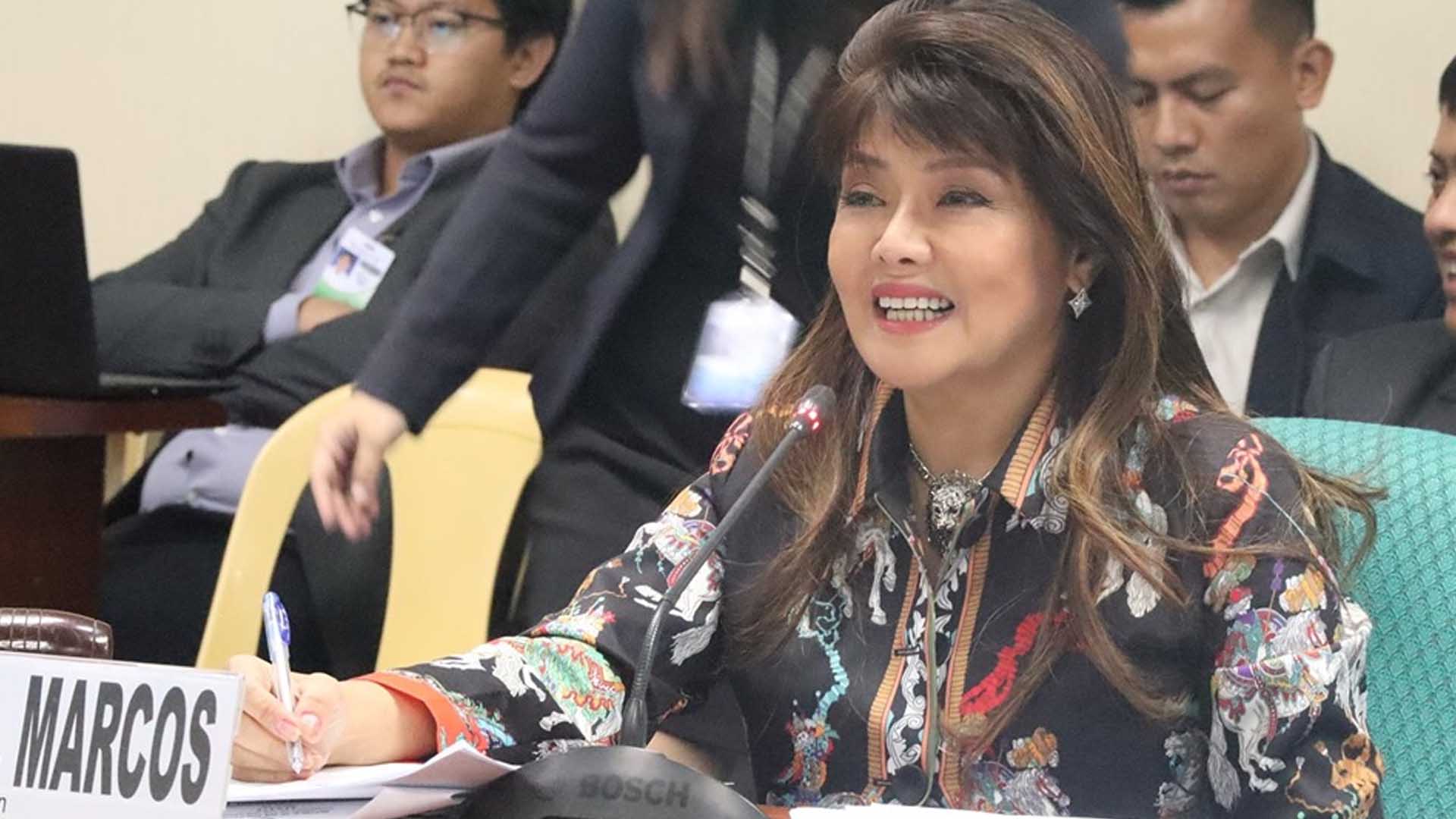Senator Imee Marcos wants to finish what her father former President Ferdinand Marcos had started almost five decades ago – the emancipation of landless farmers from the bondage of the soil.
Marcos has filed Senate Bill No. 849, or the “Emancipation of Tenants Act of 2019,” which seeks to write-off all unpaid amortizations, interest payments, penalties or surcharges from loans secured by agrarian reform beneficiaries (ARBs) under the Comprehensive Agrarian Reform Program (CARP).
“All ARBs shall be deemed as the rightful owners of the lands awarded to them,” the measure stated, adding that all agricultural lands covered by the CARP which have not been distributed shall be distributed at no cost to qualified ARBs.
Marcos noted that her father, in October 21, 1972, signed Presidential Decree 27 ordering the emancipation of tenants from the bondage of the soil and transferring to them the ownership of the land they till.
PD 27 breaks down agricultural estates to a maximum of seven hectares, she said, which was also adopted by RA 6657 otherwise known as the “Comprehensive Agrarian Reform Law of 1988” issued by Marcos’ successor, the late President Corazon Aquino.
“However, what we witness is the longest land reform history. On the day of this landmark date, let us determine to complete the effort of agrarian reform and finally fulfill the long-held dream of tenants from the bondage of the soil,” the lady senator said.
In order to fulfill this dream, Marcos said the Department of Agrarian Reform (DAR) has to address the immediate distribution of CARPable land to ARBs, noting that the DAR has a backlog of 621,085 hectares of agricultural land waiting to be distributed to farmer-beneficiaries.
Of the said backlog, 92.6 percent or 575,272 hectares are private agricultural land and 88.3 percent or 585,467 hectares are to be compensated through the Land Bank of the Philippines.
Moreover, most ARBs were only given Certificate of Land Ownership Awards (CLOAs), which they cannot use as collaterals for bank loans for a period of 10 years, depriving them access to the financial market.
“These phenomena result in the rise of informal lending channels that circumvent the law and result in farmers paying onerous interest on production loans, leaving them with little money to spend on improving their capital stock,” Marcos said.
As of June 30, 2019, ARBs have to pay a total of P64.48 billion in order to acquire 1.6 million hectares of land which were acquired through the Land Bank. In addition to the P64.48 billion due to be amortized by the farmers, there is a remaining 548,467 hectares of land that will be acquired.
At the prevailing land value of P200,000 per hectare, the acquisition of the remaining private lands will cost an additional P109.70 billion wherein which the whole land reform program is expected to cost P174.18 billion.
Marcos also stressed that the Social Security System (SSS) wrote off P9.5 billion worth of loan penalties just this year alone.
“Writing off the agrarian reform-related receivables of the Landbank is in line with the principles of agrarian reform law, which is to uphold the welfare of landless farmers,” Marcos said.
“The attention to agricultural production, rural development and land reform will address the 60 percent of the country’s poor in the agriculture sector and the 40 percent located in Mindanao,” she added. (senate.gov.ph)
<credit>facebook.com/ImeeMarcos</credit>






